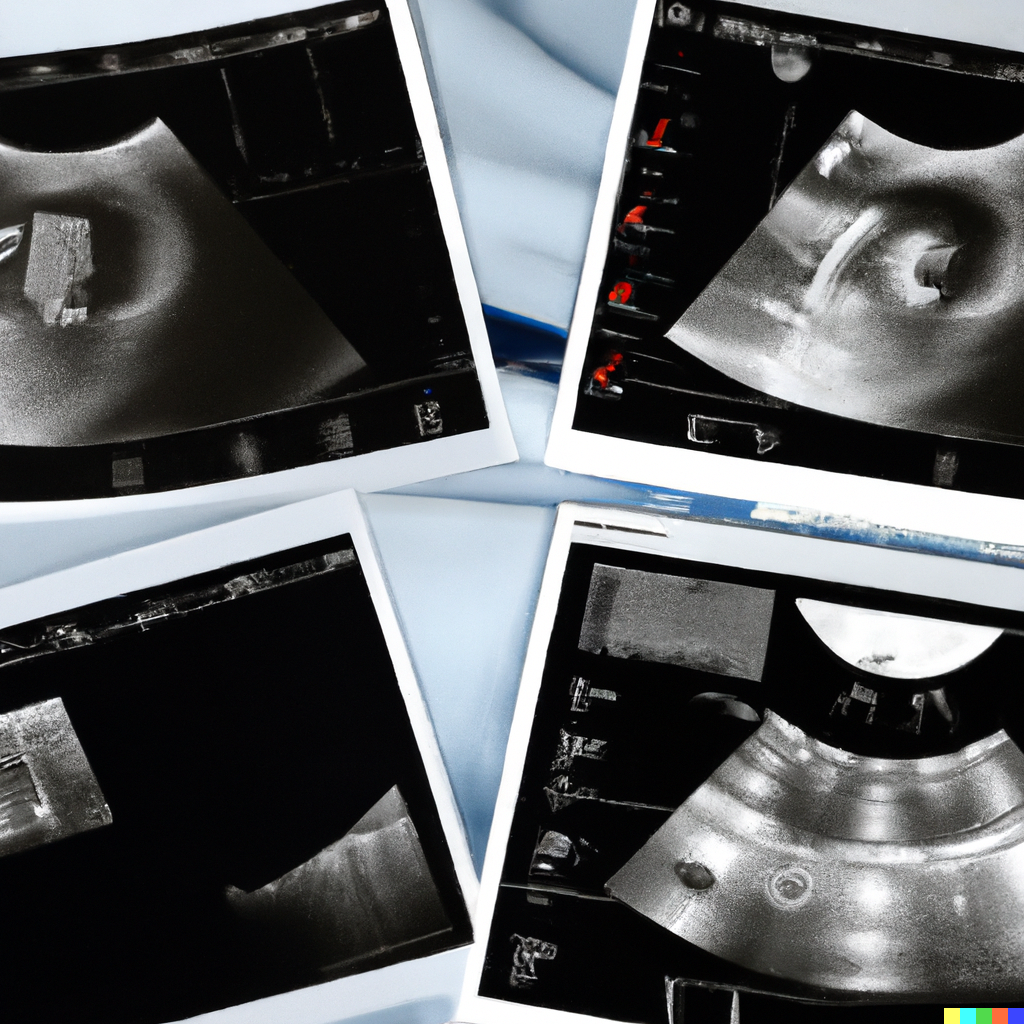Artificial Intelligence in Ultrasound
Artificial intelligence is transforming how medical professionals use ultrasound. Today, artificial intelligence can assist with examination accuracy, diagnoses, measurements, and more. Explore the growing role artificial intelligence plays in patient care.
Education
Training Guidelines
View More »Training Guidelines for Licensed Medical Providers Who Perform and Interpret Ultrasound-Guided Procedures
All licensed medical providers who perform and interpret ultrasound-guided procedures must hold an active medical license issued by their professional credentialing body. The provider must also have a comprehensive understanding and demonstrate competence in the performance and interpretation of diagnostic ultrasound examinations specific to their area of practice.
This competence encompasses but is not limited to:
1. A thorough understanding of indications, limitations, and guidelines of diagnostic ultrasound examinations.
2. Familiarity with alternative and complementary imaging and diagnostic procedures, including the ability to correlate results with ultrasound findings.
3. Knowledge of the basic physical principles of ultrasound, including power output and adherence to the ALARA principle, patient and operator safety, and recommendations for quality assurance of ultrasound equipment.
4. Demonstrate a thorough understanding of the anatomy, physiology, and pathophysiology of those organs being examined, providing the knowledge and experience to differentiate between normal and abnormal findings.
5. Training experience must be based on the ability to analyze a full set of images, which comprises the entire examination to determine completeness and image quality to render a clinically appropriate diagnostic interpretation.
6. The training must include methods of documentation and reporting of ultrasound studies.
All licensed medical providers must meet at least one of the following:
1. Meet the AIUM Training Guidelines for Physicians or other Licensed Medical Providers performing and/or interpreting diagnostic ultrasound examinations.
AND
Participated in at least 50 ultrasound-guided procedures within the past 36 months relevant to their area of practice under the direct supervision of a physician or other licensed medical provider who has met the training guidelines.
OR
Receive sign-off of competency from a residency or fellowship director, chairman, section chief, or similar supervisor who currently meets the training guidelines attesting to the individual’s competency.
2. Radiology Assistants (RRAs or RPAs) must be registered by the American Registry of Radiologic Technologists (ARRT). Any procedures performed by RRAs or RPAs must be supervised by a radiologist as part of a radiologist-led team. This credentialing category is not associated with the interpretation of diagnostic imaging. Review the online RRA Entry-level clinical activities by ARRT.
- Artificial Intelligence
- Basic Science and Instrumentation
- Cardiovascular Ultrasound
- Contrast-Enhanced Ultrasound
- Dermatology
- Elastography
- Fetal Echocardiography
- General and Abdominal Ultrasound
- Gynecologic Ultrasound
- High Frequency Clinical and Preclinical Imaging
- Interventional-Intraoperative Ultrasound
- Musculoskeletal Ultrasound
- Obstetric Ultrasound
- Pediatric Ultrasound
- Point-of-Care Ultrasound
- Sonography
- Therapeutic Ultrasound
- Ultrasound in Global Health
- Ultrasound in Medical Education
- Urology
Practice Parameters
View More »At this time, there are no related Practice Parameters for this topic. However, the AIUM's library might be of interest.
Case Challenges
View More »If you have a case challenge that utilized this topic, please consider submitting it here.
Official Statements
View More »-
May 20, 2019Safety in Research Using Diagnostic Ultrasound
-
May 20, 2019Prudent Clinical Use and Safety of Diagnostic Ultrasound
-
Sep 26, 2022Live Scanning for Educational Purposes

Journal Articles
Check out the latest articles focused on the use of Artificial Intelligence.
LEARN MORE